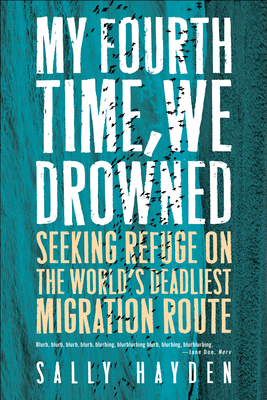What do you think?
Rate this book


512 pages, Hardcover
First published March 31, 2022
"Innumerable Jews have been killed like that, for no reason, senselessly. It is beyond understanding. Now the last remnants of the Jewish inhabitants of the ghetto are being exterminated... These brutes think we shall win the war that way. But we have lost the war with this appalling mass murder of the Jews. We have brought shame upon ourselves that cannot be wiped out; it is a curse that cannot be lifted. We deserve no mercy; we are all guilty ..."